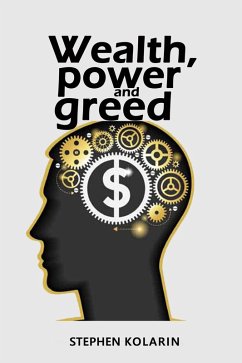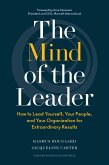Money, on the other hand, has its own set of constraints. It can help us appreciate the simple things in life more fully, but it lacks the spirit of innocence and wonder that is required. Money can buy us time to cultivate our gifts and talents, but not the courage and discipline to do so.
Money can give us the means to make a difference in the lives of others, but it cannot give us the desire to do so. It can give us the time we need to develop and nurture our relationships, but not the necessary love and care. It has the potential to turn us cynical, escapist, selfish, and lonely. How much money do you need? How much will it set you back to get it? Keeping these two questions in mind gives us a clear picture of the relationship between money and happiness. We can never be happy if we have less than we need or if what we have is prohibitively expensive. To eat, sleep, dress, work, play, relate, heal, move around, and enjoy creature comforts, we need money. When choosing a style, we should keep in mind that it comes at a cost.
Our newspapers, magazines, tabloids, and television shows are replete with evidence of the rich and famous's psychological and spiritual poverty, and it hardly needs to be repeated here. "We always think that if we just had a little bit more money, we'd be happier," says Catherine Sanderson, a psychology professor at Amherst College, "but when we get there, we're not." "Once basic human needs are met, a lot more money doesn't make a lot more happiness," says Dan Gilbert, a Harvard University psychology professor and author of the new book Stumbling on Happiness.
Dieser Download kann aus rechtlichen Gründen nur mit Rechnungsadresse in A, B, CY, CZ, D, DK, EW, E, FIN, F, GR, H, IRL, I, LT, L, LR, M, NL, PL, P, R, S, SLO, SK ausgeliefert werden.









